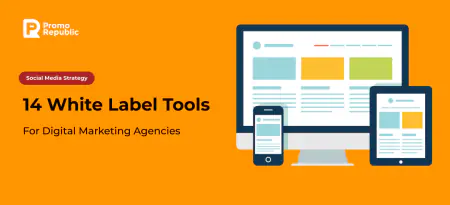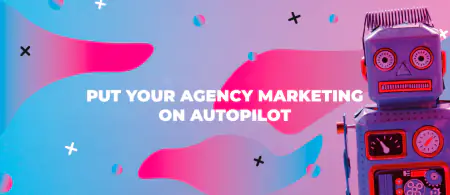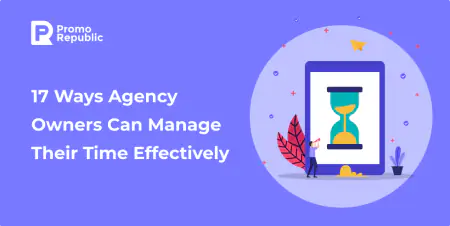Customer Retention: 7 Unique Strategies to Increase Agency Profit
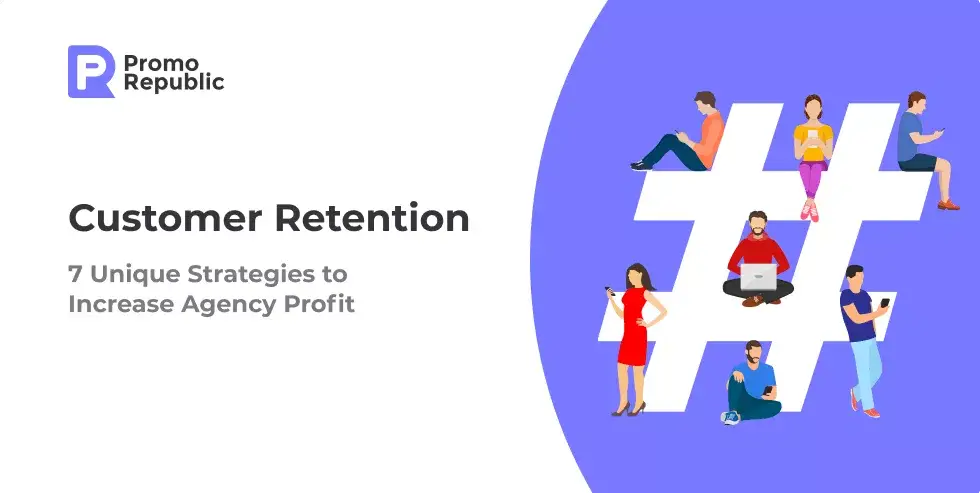
Content writer and blog editor at PromoRepublic
In times of slow growth, looking for new customers isn’t always the most profitable course. It’s sometimes easier to get current customers to make a repeat purchase than it is to find new customers. It’s true for many businesses, especially in the crowded ecommerce arena where clicks and conversions always seem to be increasing in cost.
Customer retention is the ability of a business to retain customers. It is both a measure of customer loyalty and capacity of the business to keep customers satisfied by good service and quality of the product sold.
It costs 7 times more on average to acquire a customer than it does to retain one and yet so many companies focus more on acquisition than customer retention.
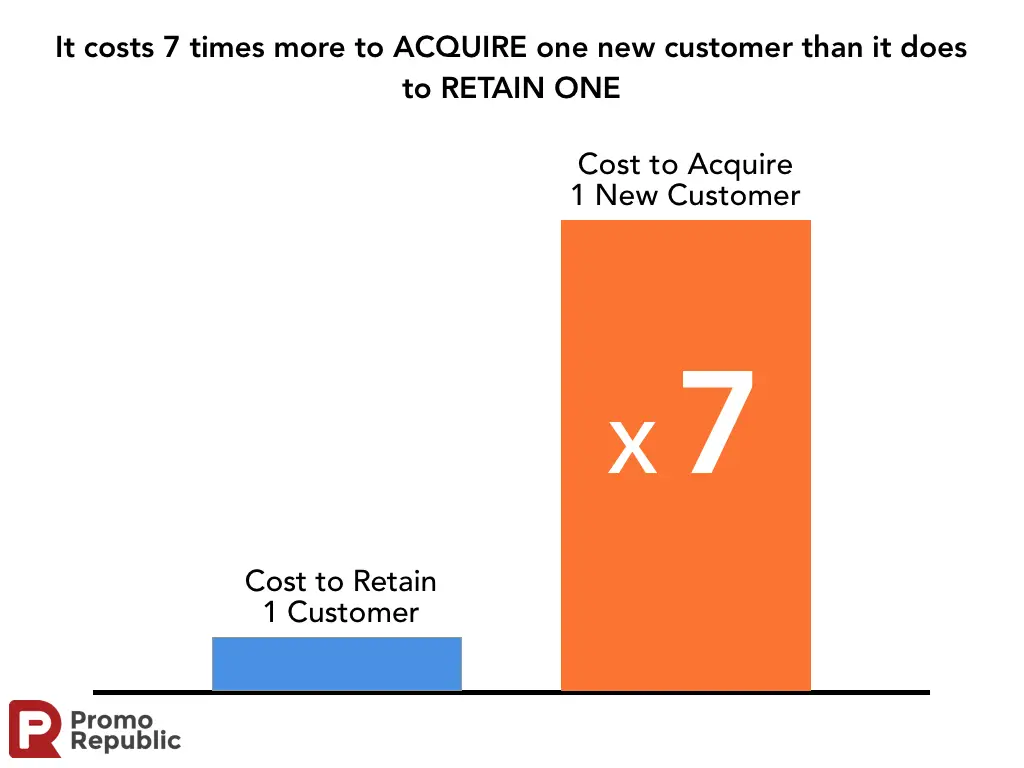
Does Retention Fit Your Business?
What you sell has a huge impact on which strategy you should focus on. A retailer selling luxury furs is going to be categorically different than a store selling phone cases. A store whose customers purchase high value items frequently will have the highest customer lifetime value (CLV). These are the types of stores that have the most to gain from a solid retention strategy.
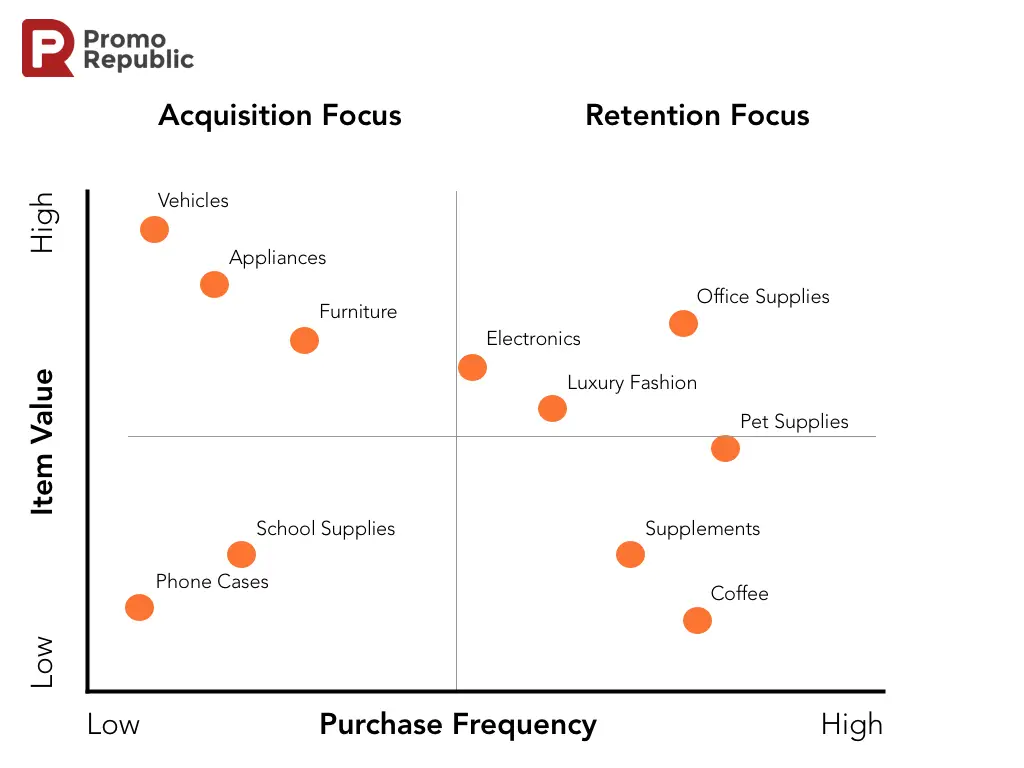 In general, as you move to the right across this matrix you should start focusing more and more on retention. But remember, you should never ignore one or the other. It’s about finding a balance that makes the most sense for your business.
In general, as you move to the right across this matrix you should start focusing more and more on retention. But remember, you should never ignore one or the other. It’s about finding a balance that makes the most sense for your business.
What is Repeat Customer Rate
Repeat customer rate is the backbone of retention marketing. It measures the percentage of customers willing to make a second purchase from you. Measuring your repeat purchase rate is an excellent way of evaluating how well your retention strategy is actually working. The higher this metric is, the more willing customers are to return to your store.
Check Your Retention Rate in Google Analytics
To see how many clients return to your store, go to Google Analytics->Audience->Behavior->Returning VS New
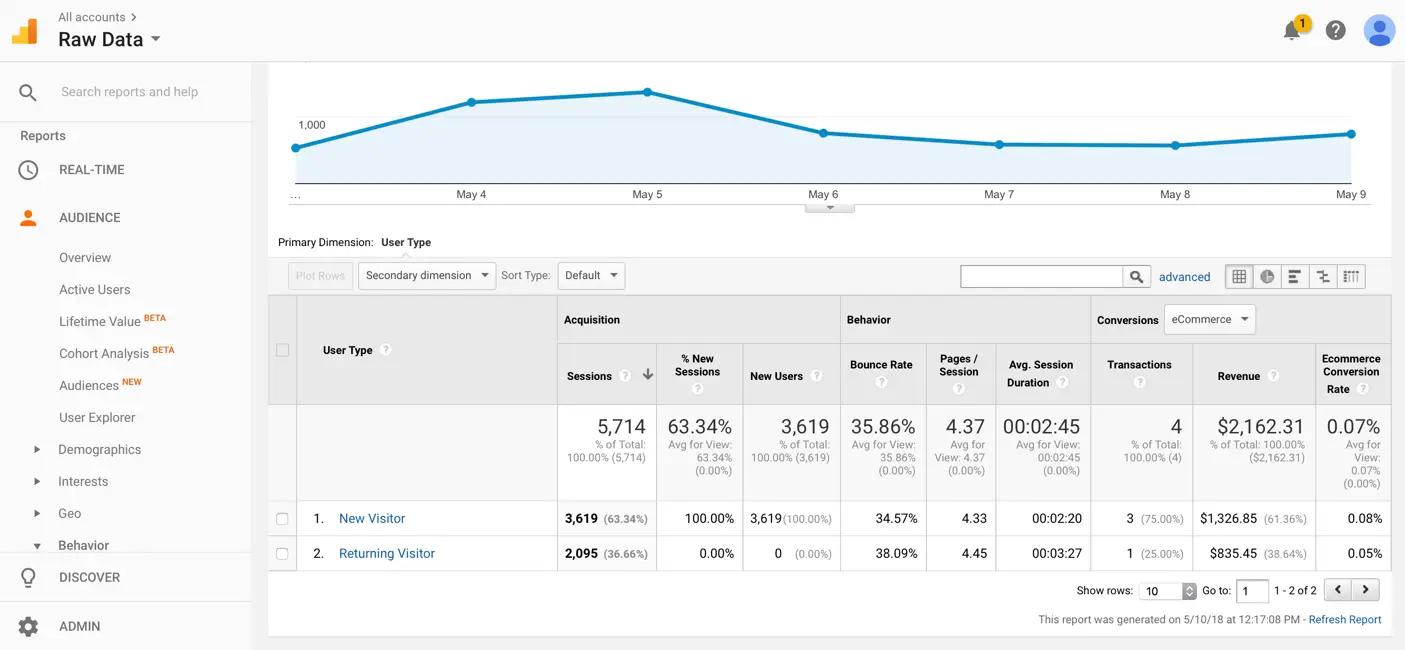
Check Your Retention Rate in Shopify Analytics
To see your Shopify analytics, go to Analytics->Reports->First->time vs returning customer sales.
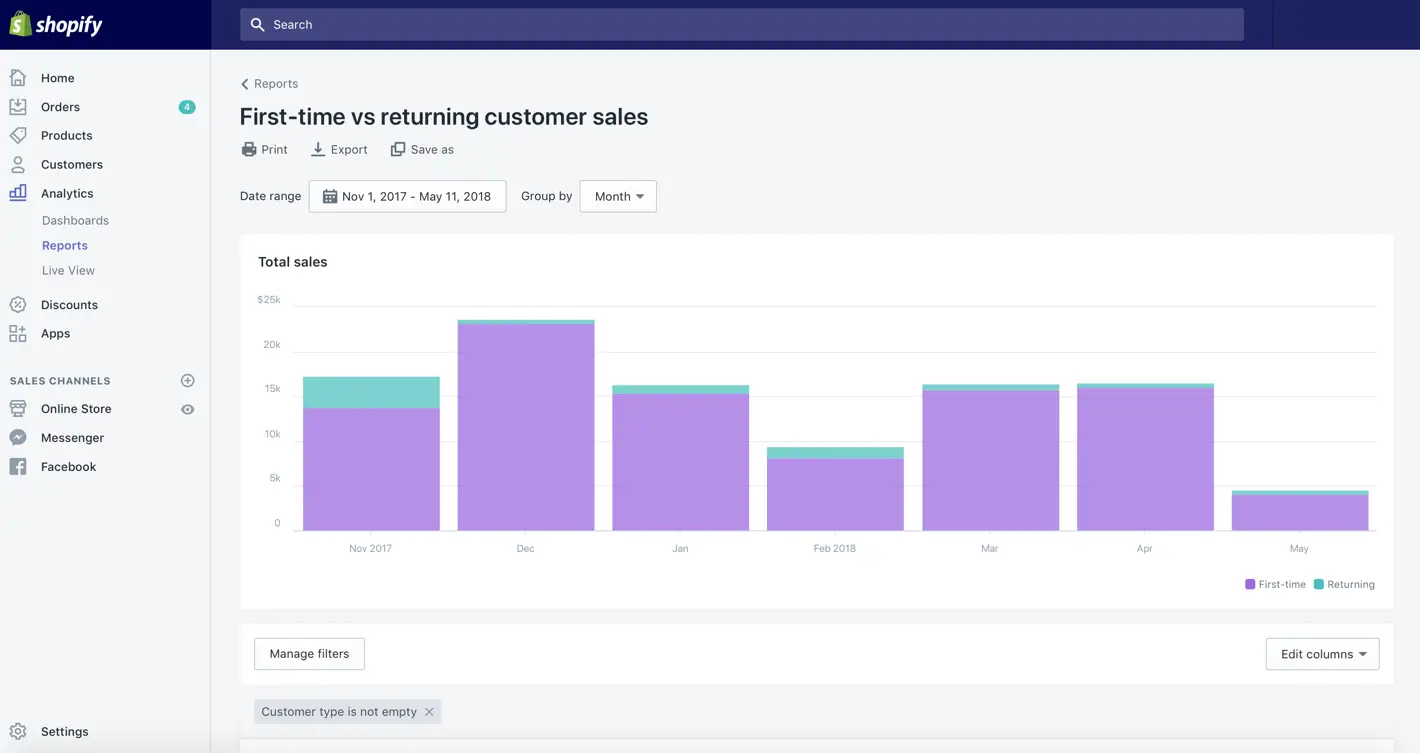
Focusing on retention strategy is imperative especially if you know that your repeat customers are responsible for 40% of the average store’s annual revenue.
Customer Retention Strategy
- Customer Accounts
- Customer Loyalty Programs
- Segment Your Customers
- Rewards Emails
Customer Accounts
On the one hand, customer accounts are often seen as too big of a commitment for new customers, on the other hand accounts can make repurchasing easier by giving customers instant access to previous orders as well as pre-filled shipping information.
Include Facebook Login Into Registration Flow
Make things easier for them and offer to login with Facebook. The majority of your clients skip this step and prefer to buy as guests because they don’t want to share their data or spend useless time filling in your fields. With Facebook login you can also run Retargeting Ads and create lookalike audiences. And today it’s more than enough for you to return them, sell more, and simply engage during special offers or promotions.
How many more purchases were made due to Retargeting Ads?
? Start getting back your clients today with Facebook Ads!
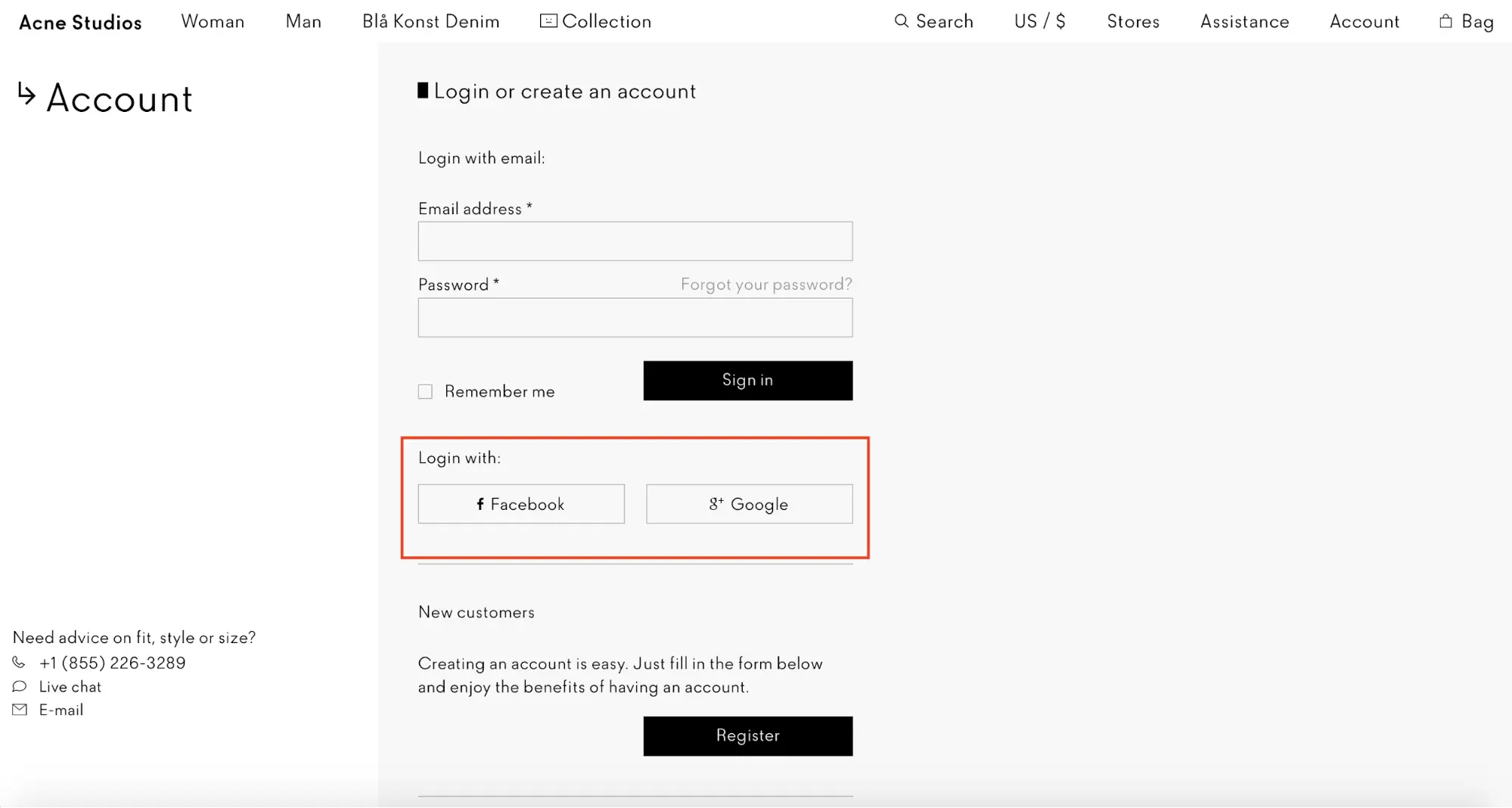
Keep the Lead Capturing Flow As Simple As Possible
Do you really need all the information you ask them? It’s a nice idea to send gifts on their Birthdays but let’s be real will you actually fulfill that part of the deal? More importantly, your goal is to get as many emails as possible so asking them to leave their address is simple and a most non-invasive way of collecting them.
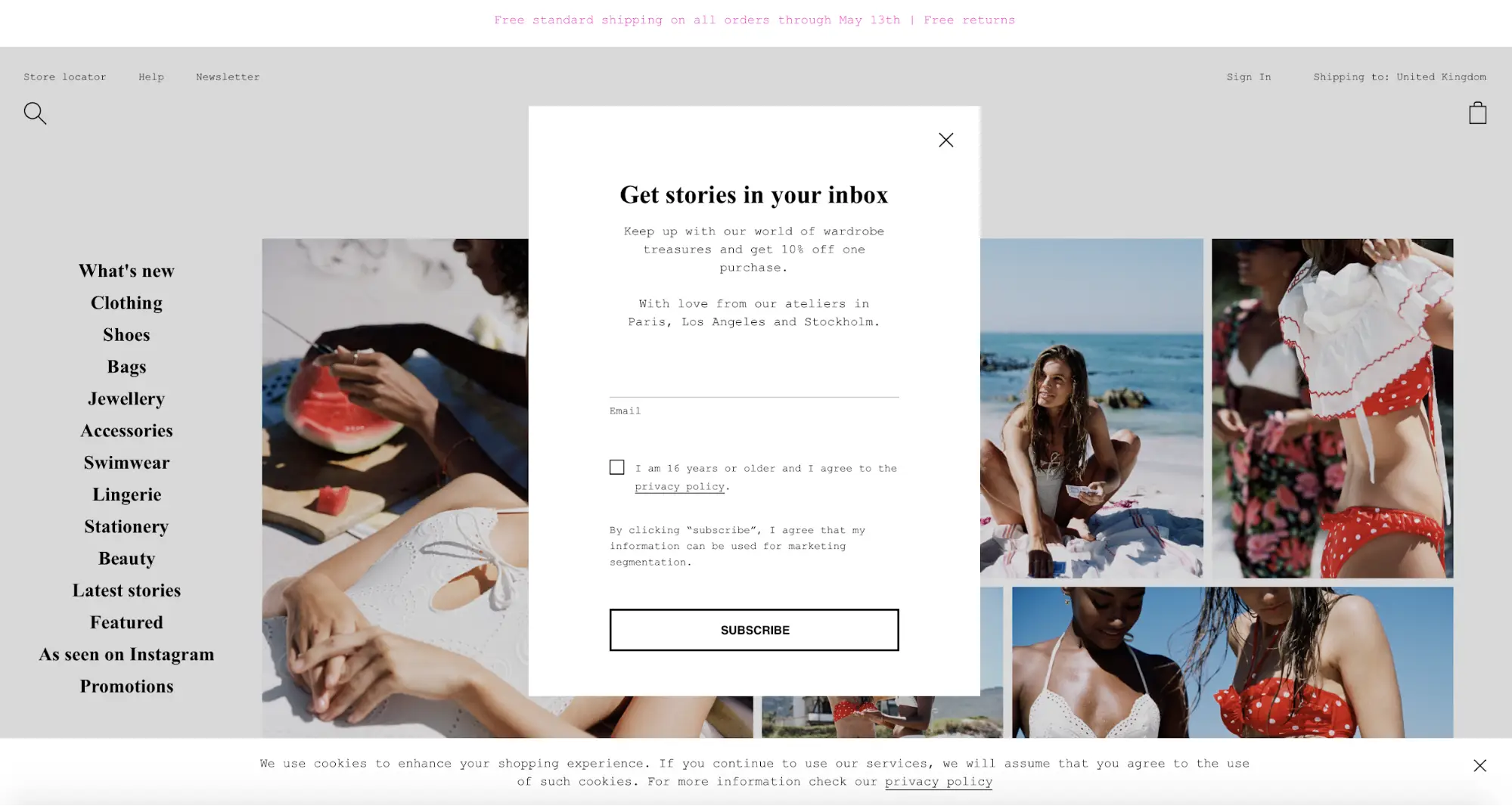
Offer VIP Programs for Their Emails
Of course it’s tempting to become a VIP member and receive emails with special rewards. Make sure your VIP program differs from a regular account and make it stand out.
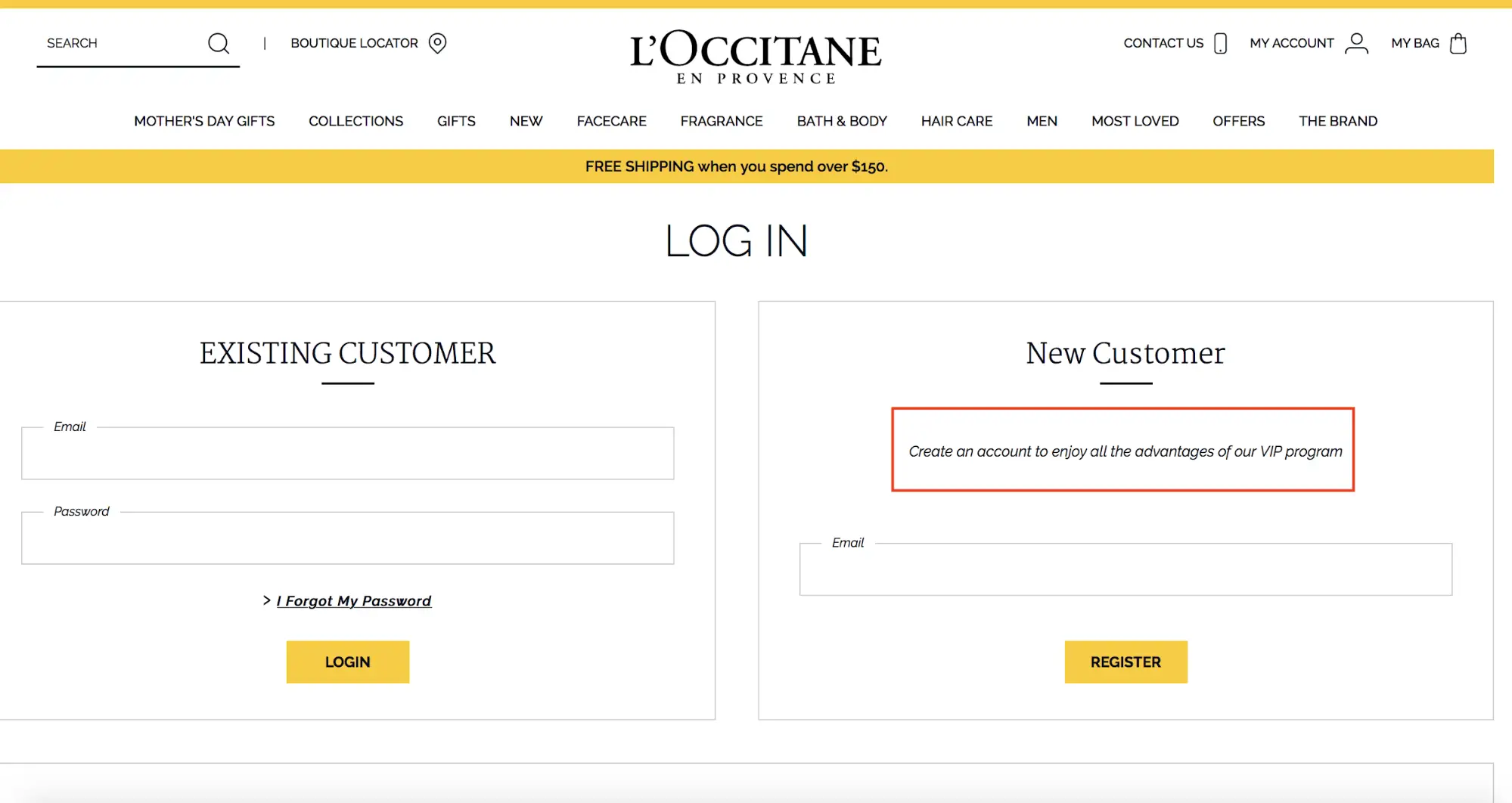
Include Gamification
Turn it into a game and make them wait for your future emails with special points for purchases.
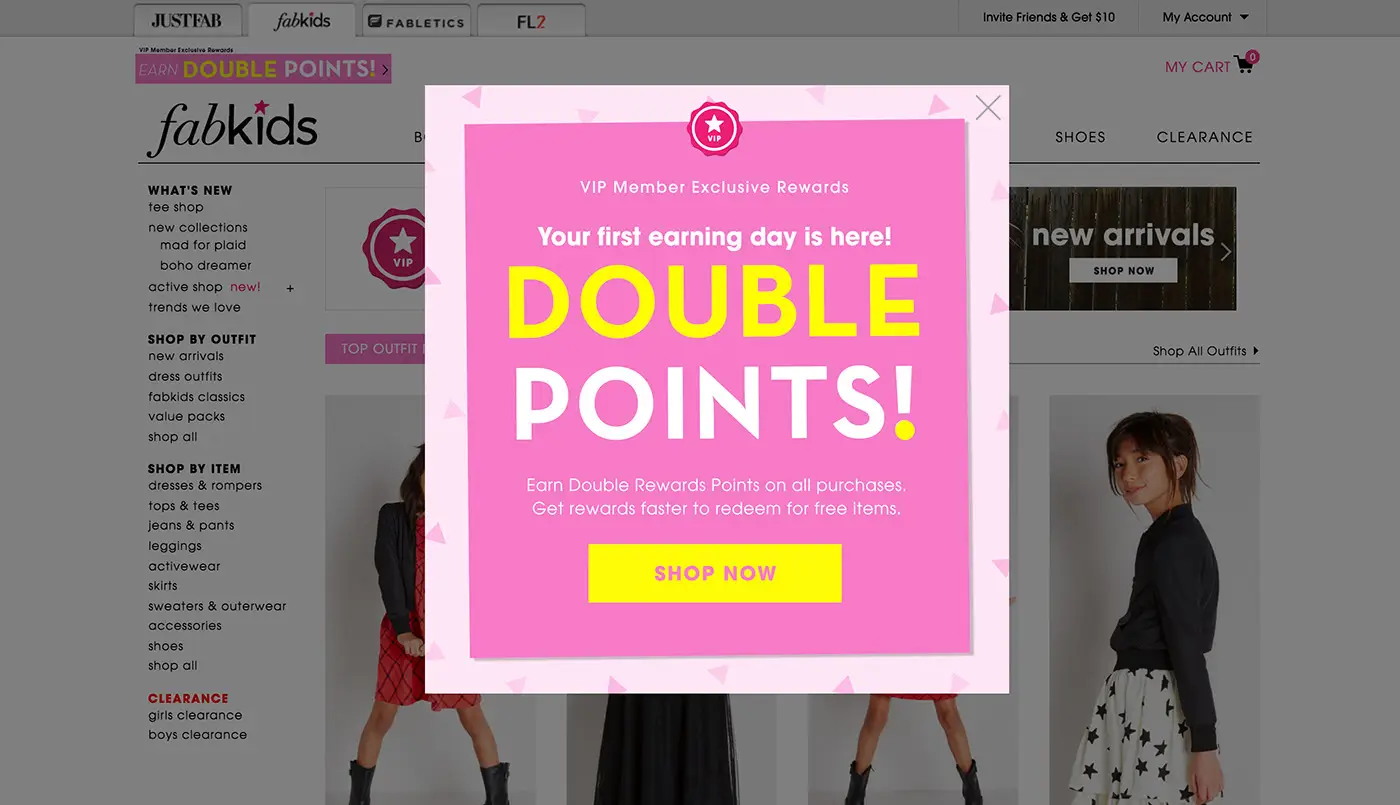
Friends with Benefits
Don’t just ask about their data, don’t explain that you never share their personal data with any third party – instead show the benefits of creating an account with you. Create nice and simple graphics which explains what they are getting in return.
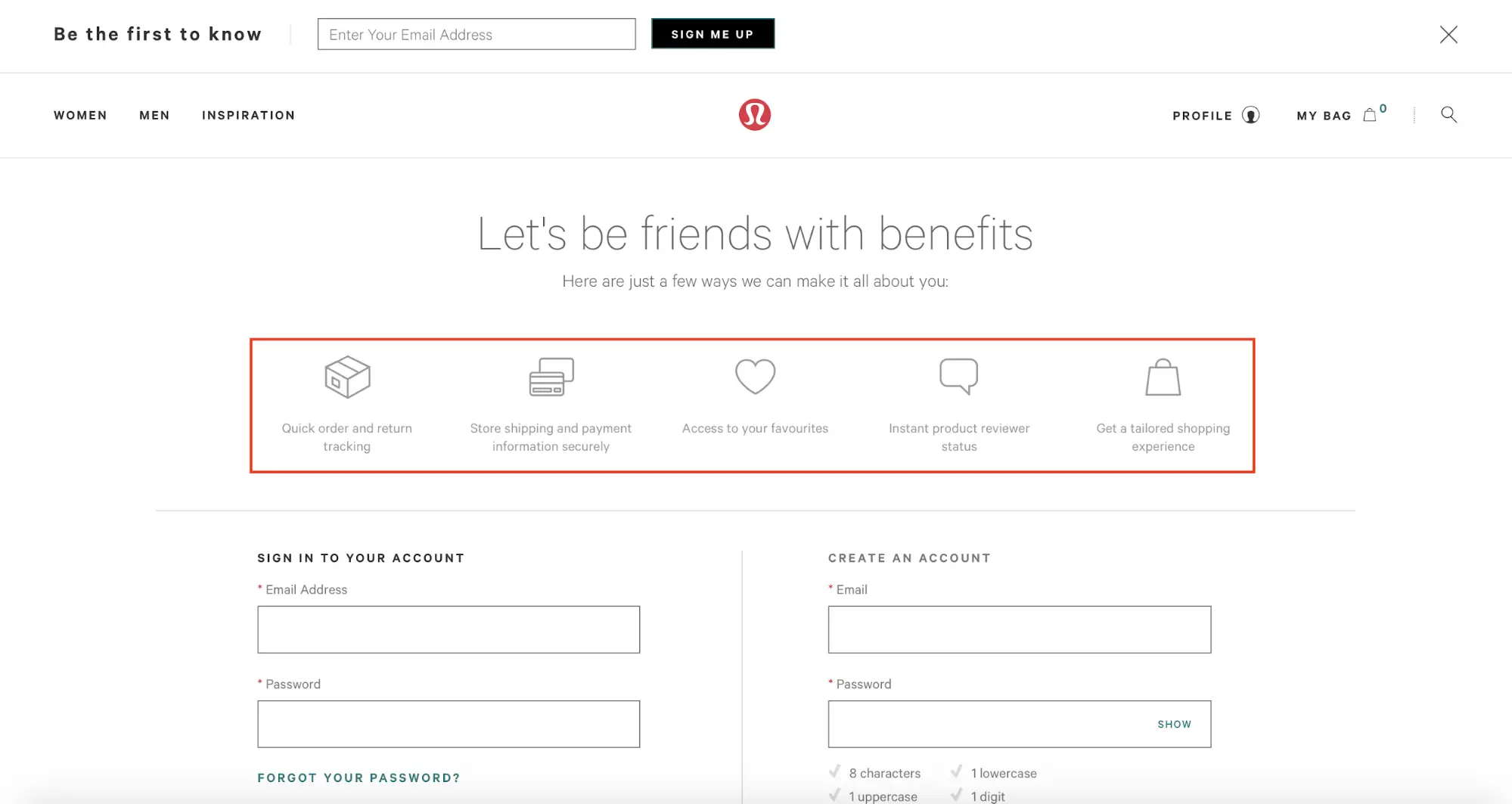
Customer Loyalty Programs
One loyal client is better than 5 new clients. If you have steady sales coming in on a weekly basis (more than 10 sales a week), you must be receiving 40%+ of your revenue from these existing clients. It may not work for all types of products or services (see the table above) but if you belong to this side of market, grab your client and never let him leave you: reward them for their loyalty.
Get Them Involved
Turn them into partners and build the collaboration. If possible ask their opinion in Facebook polls, ask for feedback, address them in their Facebook and Instagram comments and always be online with them.
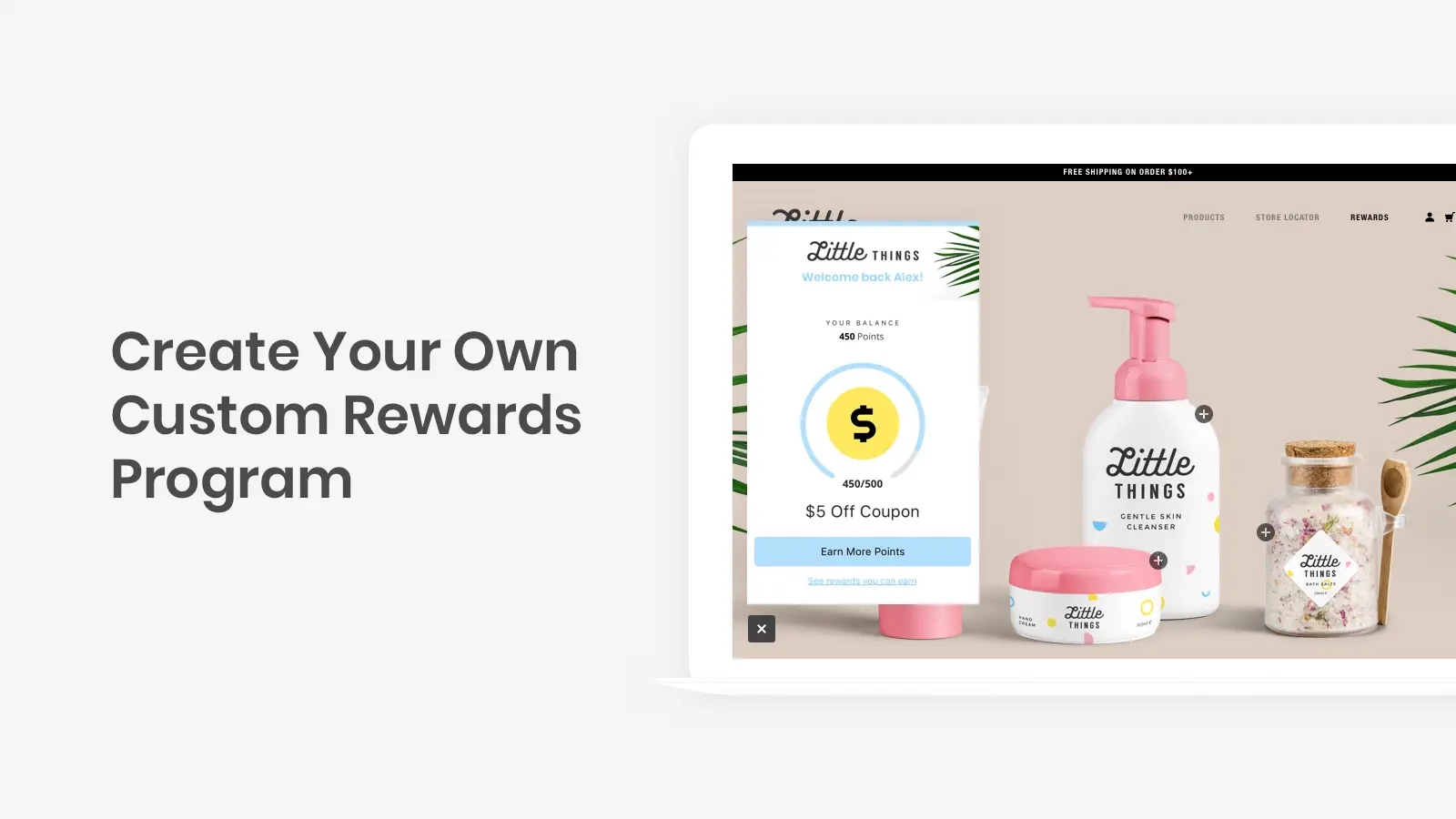
Sephora Beauty Pass as an example
Pick relevant text copy. Think of which copywriting suits them. Sephora created their beauty pass; weekly product baskets could have Free Dinner passes etc. Analyze their obsessions and create 3-5 options to choose within your team. Again, you can create a Facebook poll and ask their opinion!
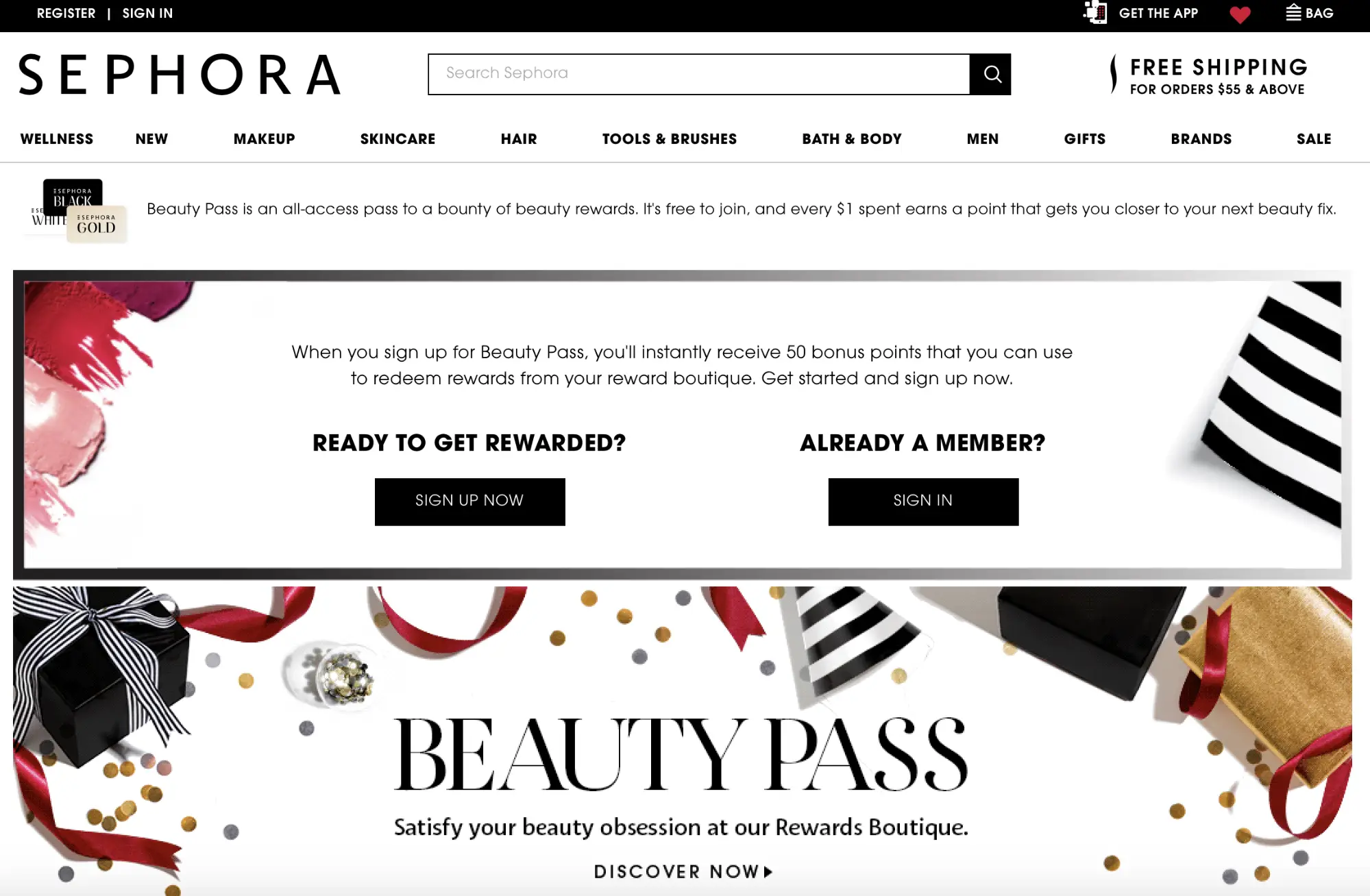
Exclusive Perks For Shopping
It says FREE, and that’s all you really need! There is no obligation to buy and who doesn’t love to receive something for free. The word PERKS is used which is positive and not like the common and overused terms like bonuses or points. To succeed online, it’s important that you think outside the box.
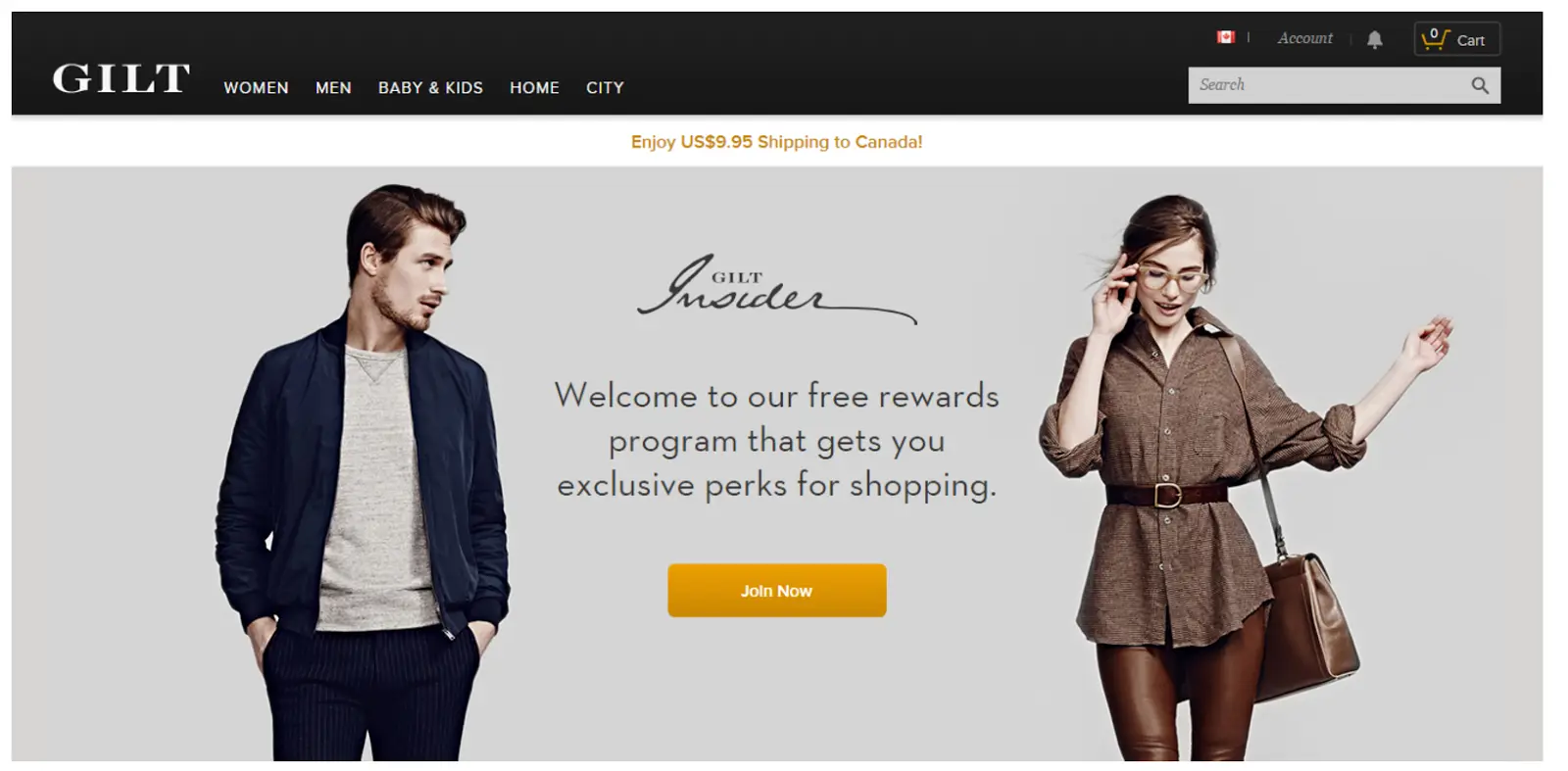
Segment Your Customers
In order to provide your customers with personalized recommendations and products you’ll need to segment them.
Pinpoint Your Business Customers
Any quality shopping cart like Shopify or Bigcommerce will allow you to export your customers and purchases into a CSV file.
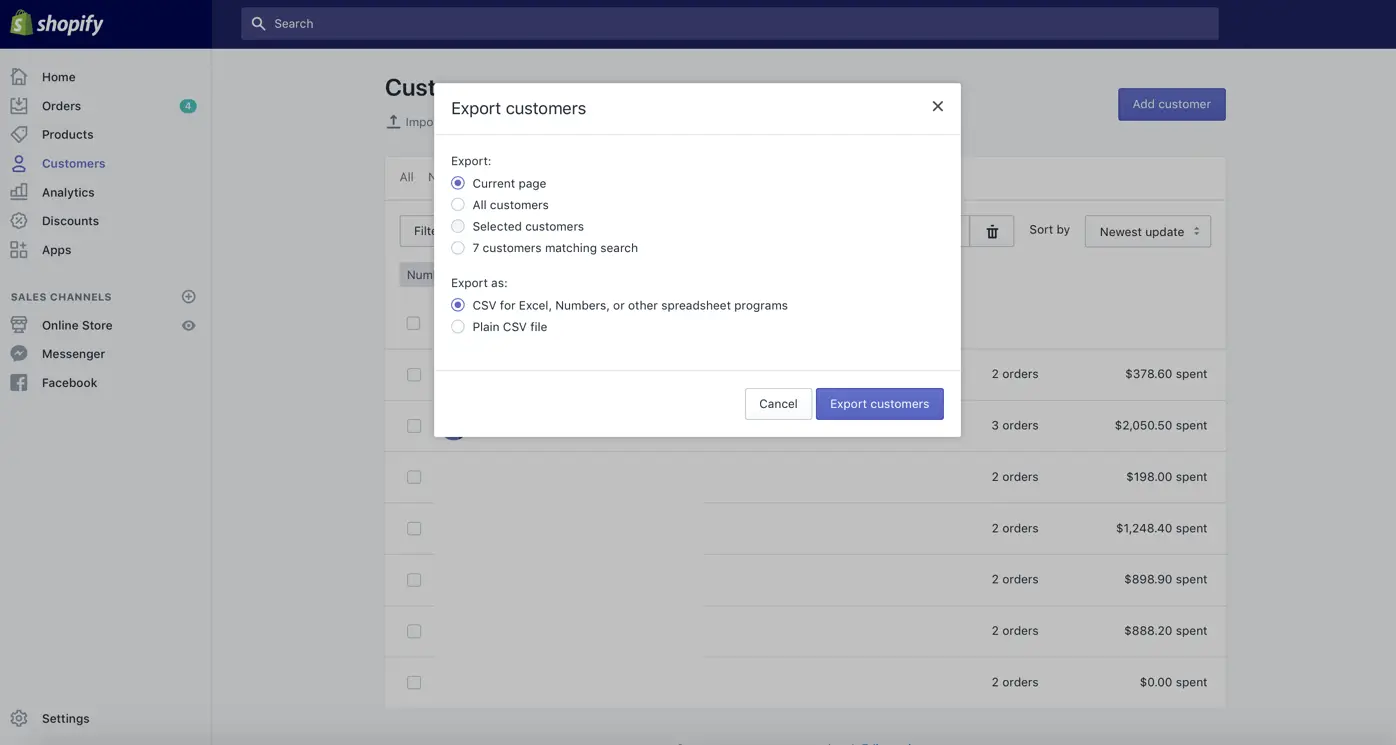
And once you have a CSV file, you can easily allocate your customers into specialized lists. First off, you need to look for customers who have purchased an unusually high volume of furniture (I’ll use furniture as an example). For example, we flag customers who buy more than 5 similar beds or chairs in either a single purchase or over a period of time.
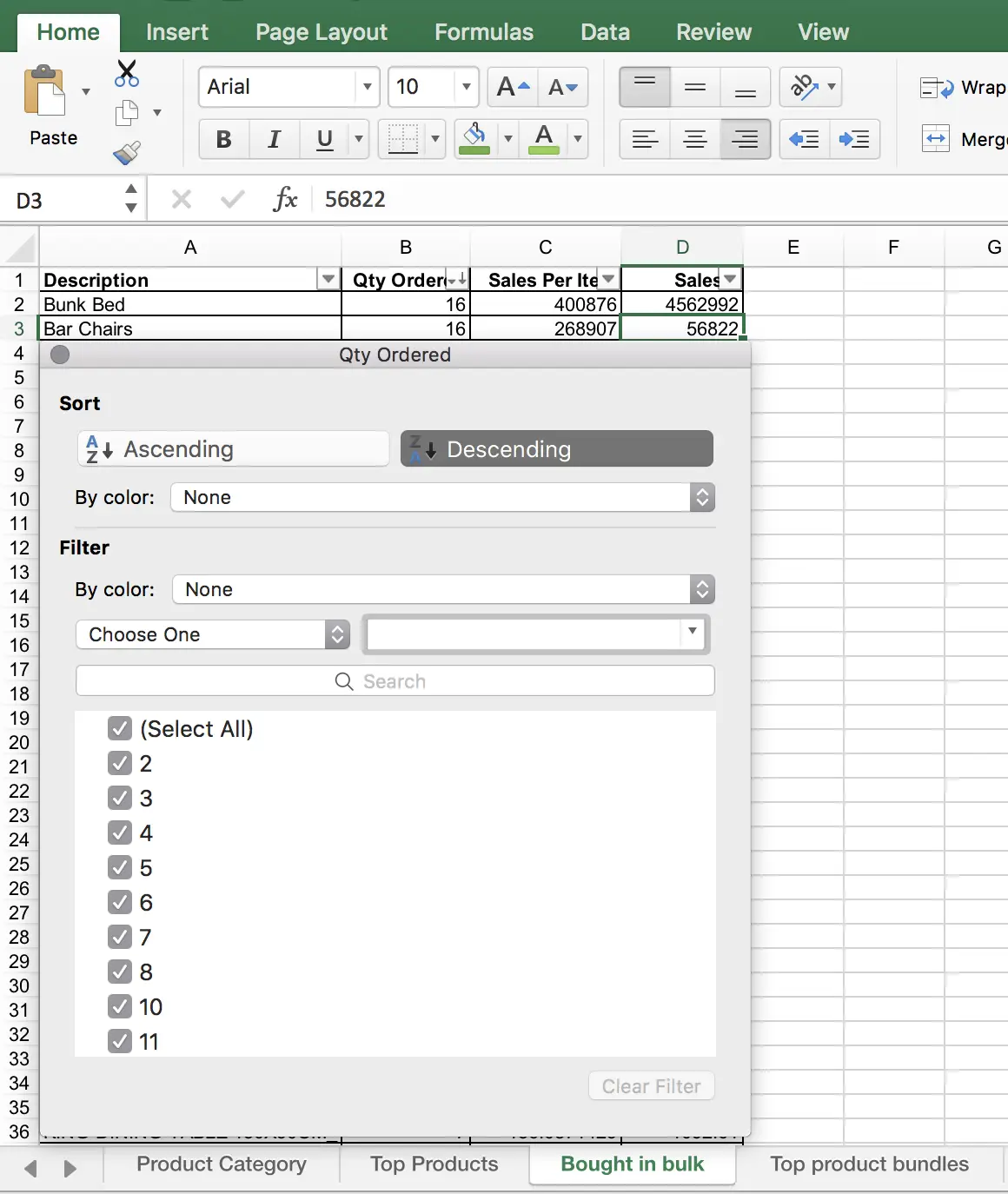
Now we can see that these 2 clients who bought 16 bunk beds and 16 bar chairs are for sure a hostel and/or a bar, or a VERY big family.
If this furniture business isn’t paying attention, they will miss potentially awesome deals with these 2 bulk clients!
Now divide these “special” customers, you can either call or send them an email to understand their furniture needs and establish a personal relationship. This is an easy way to spot big clients and generate consistent B2B clients for your business.
Pinpoint Your Repeat Customers
After you’ve allocated your large business customers, you also want to find out who your true fans are. These are the people who don’t necessarily purchase large volumes from your shop but make purchases on a consistent basis.
Once you’ve determined who these customers are, you can run specially targeted promotions, ads and emails to encourage them to buy more based on what they’ve purchased in the past. In other words, you want to focus your ad dollars on repeat purchasers because it carries an amazing ROI.
Facebook Lookalike Audiences
Armed with the 2 customer lists above, your next step should be to upload these customer emails to Facebook and have Facebook automatically find customers who match these profiles. This is called creating a “lookalike audience”.
You need Lookalike Audiences to find:
- Other consumers with high purchasing power and large furniture needs.
- Similar people who love your products.
Can’t Manage Facebook Marketing on Your Own?
? Rely on PromoRepublic to get the best out of Retargeting Ads
Start Creating Lookalike Audiences
To Start Creating Your Lookalike Audience:
- Go to your audience page here: https://www.facebook.com/ads/manager/audiences/
- Click Create a Lookalike Audience. Choose your source (based on an app, conversion pixel, or Facebook page)
- Select the country where you’d like to find a similar set of people. Choose your desired audience size with the slider Click Create Audience
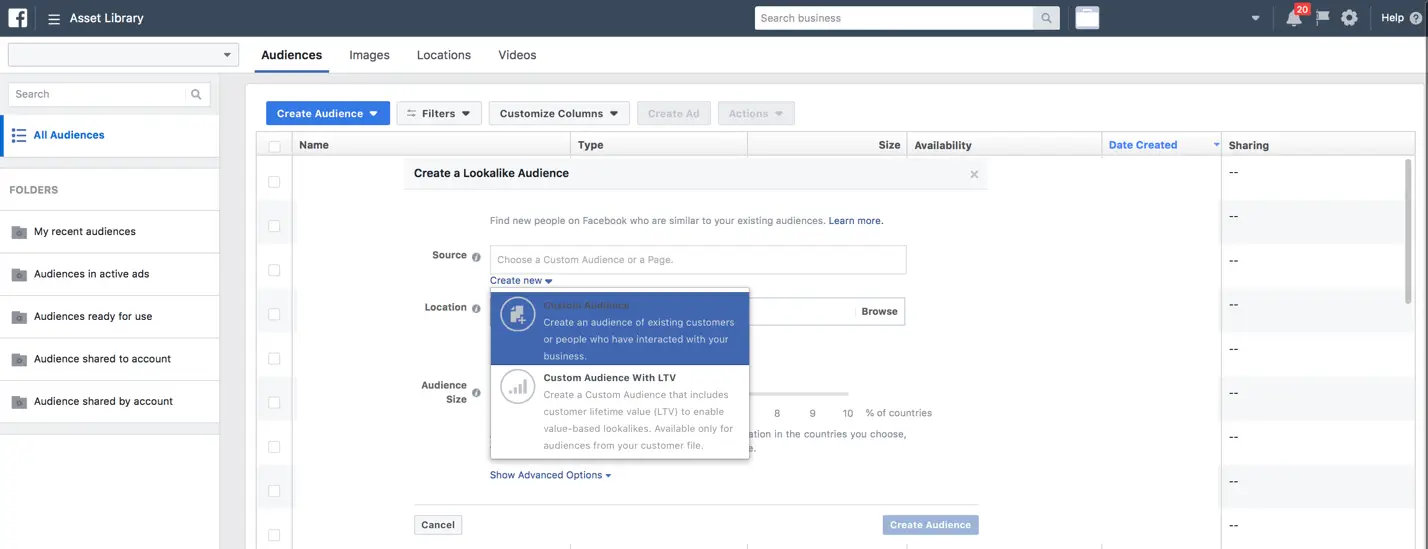
Once you have these lookalike audiences in place, you can leverage Facebook ads to scale your business dramatically. In fact, this is how most ecommerce businesses are able to grow exponentially.
Show Related Items
When a customer purchases from you, it means they trust you. And establishing trust is 90% of the battle. Once they’ve opened up their wallets, you must now encourage them to purchase other items they might have missed the first time around.
For example, if they bought 2 products out of a possible 5 for a specific furniture range, it’s clear that you need to showcase other products in the same range to complete their room.
Send Reward Emails
Deciphering which marketing channel works best for you depends on your type of business. Every ecommerce benefits from: Google Adwords, Facebook Remarketing ads, and Email.
Elite Rewards of The Week
Your goal is to have your customers WANT to receive your emails. So send them on a regular basis. The key to success in this email strategy is personalization. Make every client feel special with their purchase history, account details, or at least {First Name}, hi!
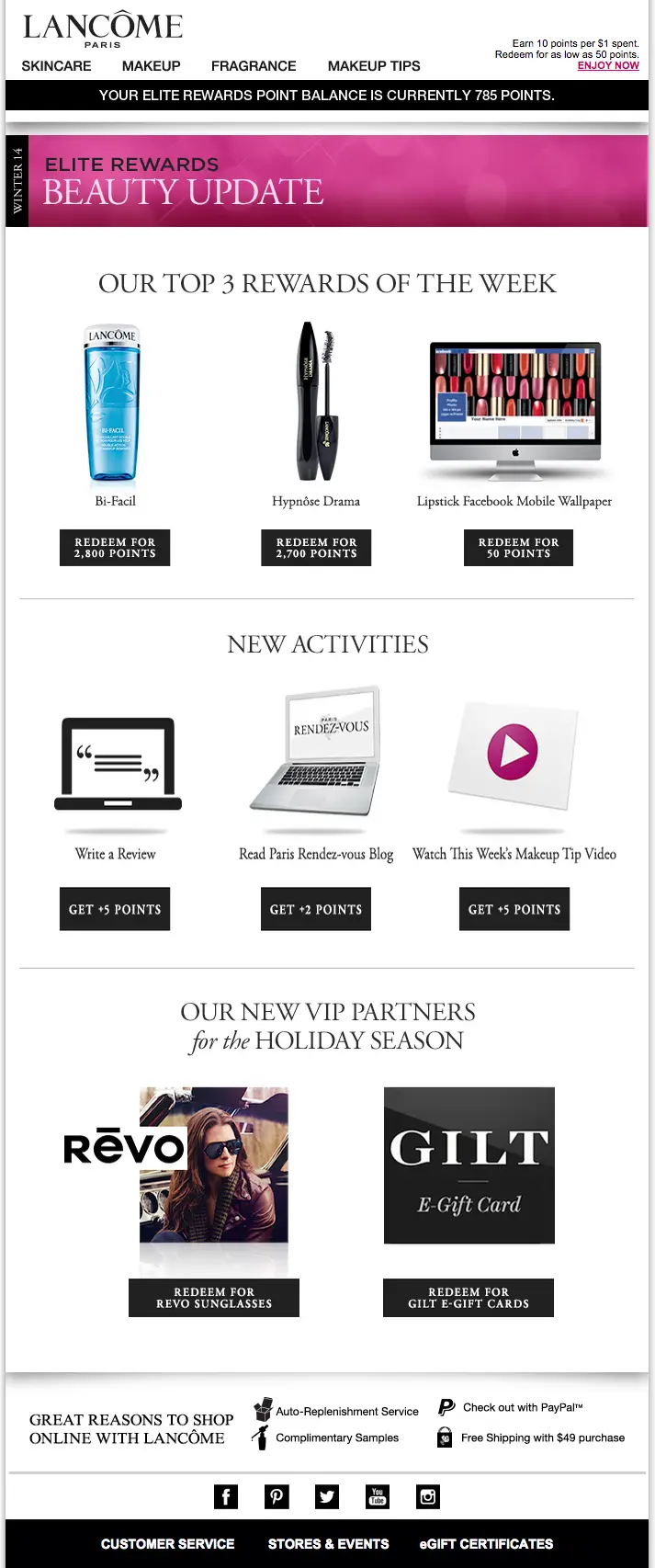
My Rewards
They are not that interested in special offers and your hot deals, but personalized emails with their own rewards – this trigger will make them open all your emails to see what they earned or could earn with your help.
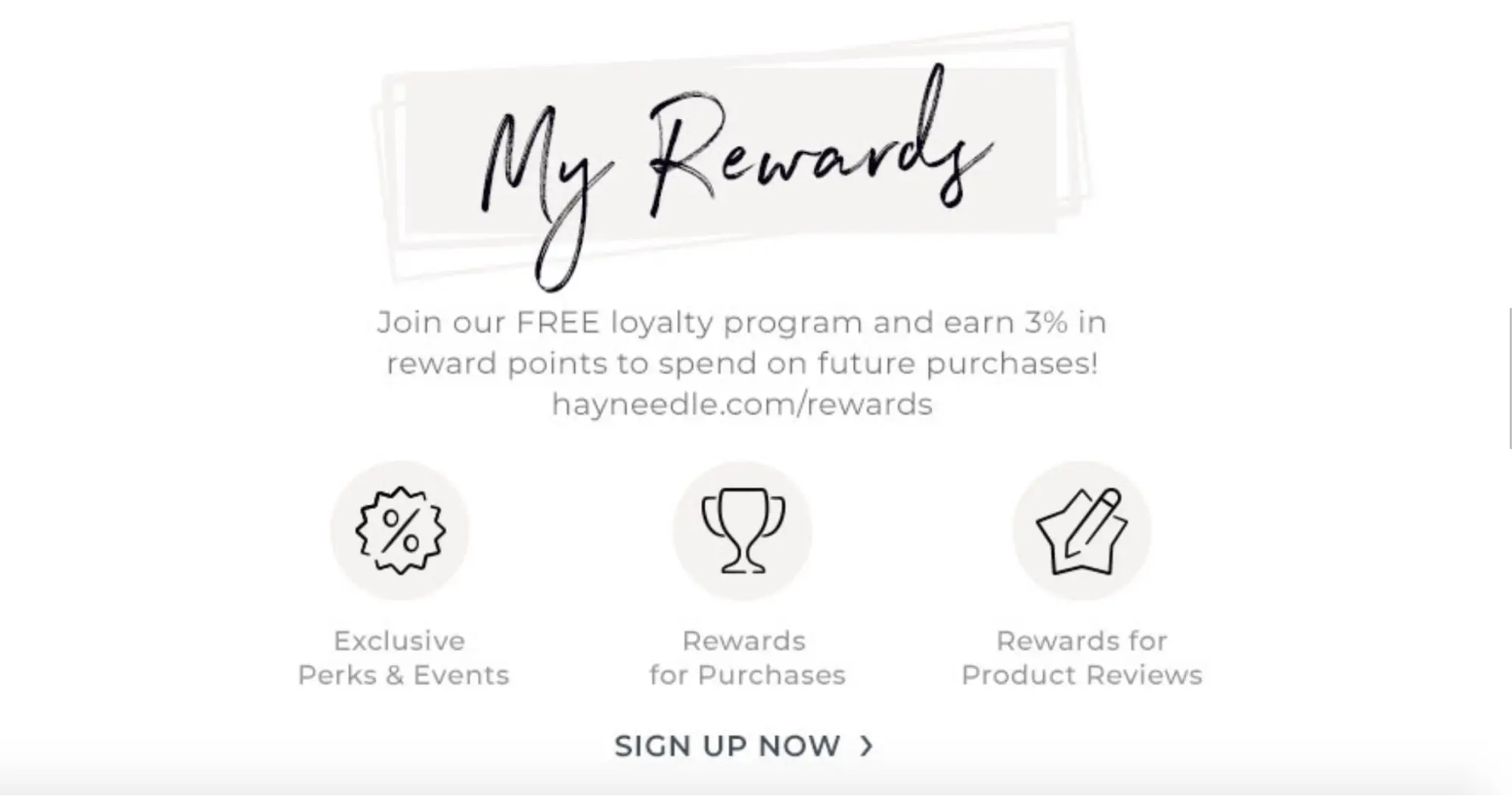
Next Purchase Discounts And Coupons
Make their unique codes personal and time limited. “YGH77563” will always work better than “10%ENJOY” with no time frames. Your goods are valuable and so is their time, so stop gifting worthless promo codes. Make them feel special buying these treats from you. And remind them that the only reason they have access to these limited deals is because you treasure their loyalty. And not because you need to make sales to increase your revenue!
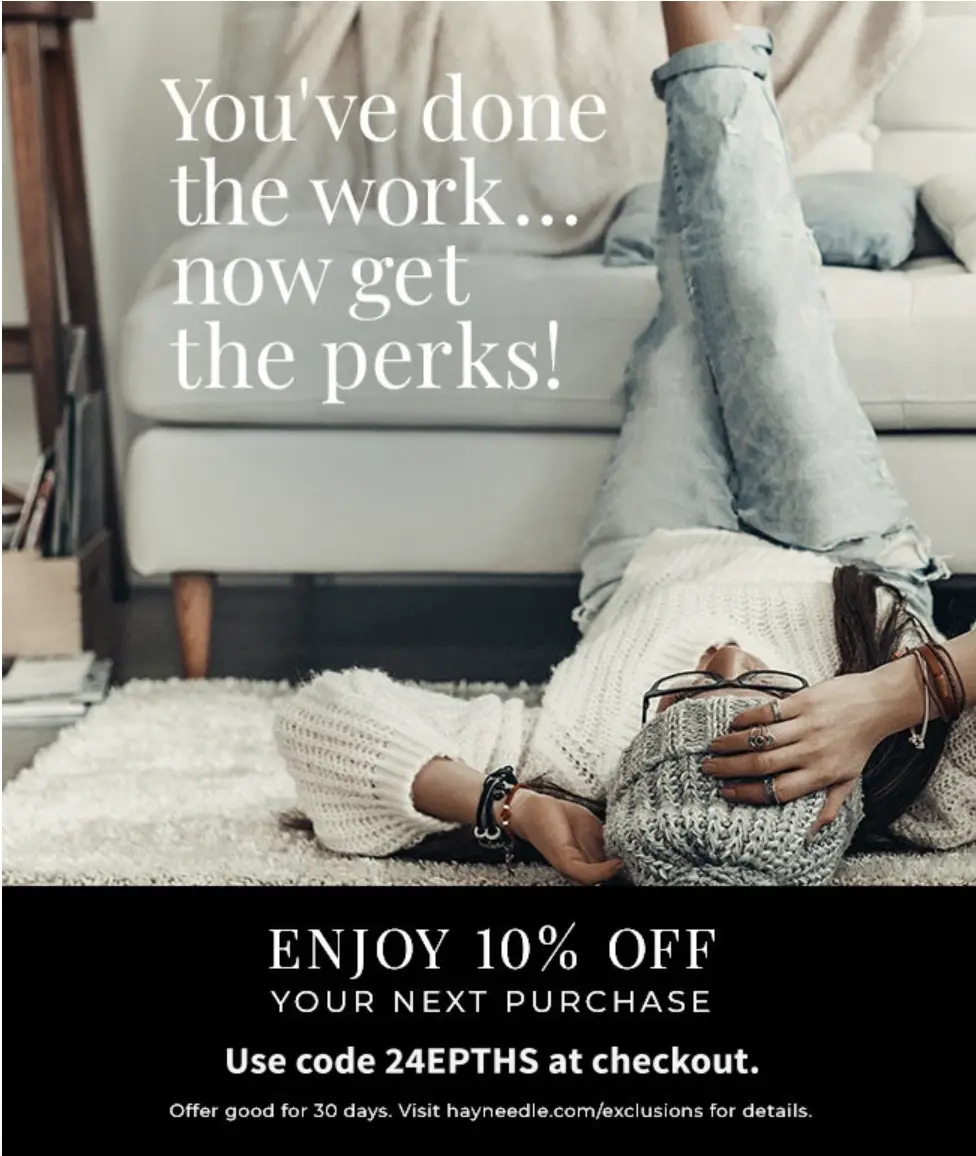
Gather Feedback
Customer feedback is one of the most valuable tools to increase customer retention and reduce churn rates. It helps to understand what is and isn’t working for your customers, it helps to hear them. It is a great idea to conduct more surveys and give your customers a voice even if it is just a simple “thumbs up or thumbs down” survey.
Also, you can ask more specific questions like:
- How would you describe your experience with our product?
- What isn’t working for you, and why?
- Which of the following channels do you prefer using for customer support?
Try to continue dialogue with the help of your support team, get even more info and more loyalty from your customers.
Incentivize loyalty
Loyalty is a great resource to increase customer retention. People like it when brands appreciate them and give them reasons to stick around and express their opinion on any occasion. Strong incentives include loyalty programs, discount codes, or special offers that will motivate customers to continue buying from you.
There are several types of loyalty programs, from points-based systems to tiered rewards and they help your company collect detailed customer data. The more purchasing data you have available, the more personalized rewards and offers you can provide to your customers. A loyalty program can not only reward shoppers, but also provide a positive and customized experience based on sales insights. Both components are crucial to customer retention.20
Summary
As a business owner, your goal is to always attract new customers and leads. And that’s essential if you want to keep growing as a business. But, never ever overlook the existing customers. It is them who are responsible for your recurring revenue. They are the ones who keep you afloat month after month. Go back and scroll through the many strategies we have laid out for you. In the end, Customer Retention is what can make or break your profits and revenues at the end of the year.


